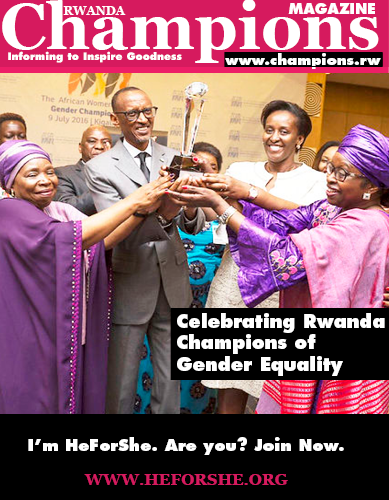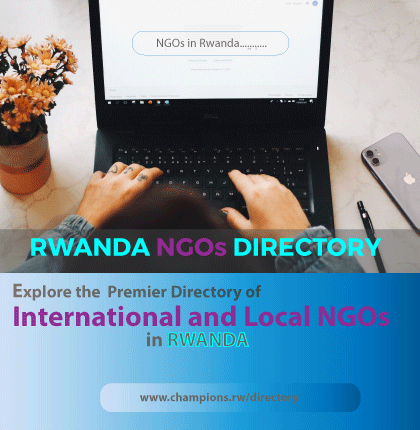Rwanda Reports Drop in Youth Unemployment as Job Creation Expands
Youth unemployment in Rwanda fell significantly in the final quarter of 2025, reflecting gradual improvements in job (…)

Rwanda’s Parliament On Monday passed a sweeping new law that allows adolescents as young as 15 to independently access medical services, including family planning, without the need for parental or guardian consent.
The law, adopted after hours of debate in the Chamber of Deputies, contains 111 articles and updates Rwanda’s legal framework on health services. It also includes new provisions regulating the use of assisted reproductive technology for individuals and couples facing infertility.
One of the most controversial elements of the legislation was the decision to lower the age of medical consent from 18 to 15. Supporters argued the change will enable adolescents to seek timely care, particularly in cases involving sexual and reproductive health.
“This does not mean that all services will be available to any 15-year-old,” said Dr. Yvan Butera, Minister of State in the Ministry of Health. “For instance, sterilization procedures will not be allowed. The ministry will issue detailed guidelines specifying which services can be accessed by minors.”
The law allows teenagers aged 15 and above to seek medical treatment, including contraception, at health centers without having to notify a parent or guardian. However, several lawmakers raised concerns about parental involvement, particularly when it comes to services like family planning.
MP Izere Ingrid Marie Parfaite supported the provision but urged the government to pair access with strong sexual education and prevention measures. “Why don’t we put more effort into distributing condoms?” she asked. “They can help prevent sexually transmitted diseases such as HIV.”
Beyond adolescent care, the legislation also establishes a legal framework for technology-assisted reproduction. Couples or individuals diagnosed by a medical specialist as infertile will be eligible to access services such as in vitro fertilization and the storage of reproductive cells like sperm and eggs. Surrogacy will also be permitted under strict legal and professional guidelines.
Veneranda Uwamariya, chair of the Social Affairs Committee that reviewed the bill, said the final version includes 20 new provisions and removed 29 to improve clarity and coherence. She said the law reflects modern realities and is designed to improve access and equity in Rwanda’s health system.
Lawmakers and health experts say the new law could help address the country’s persistent problem of teenage pregnancies. According to the National Human Rights Commission, 57.1 percent of teenage pregnancies occur between girls and individuals they already know — including boyfriends, neighbors, and even relatives.
A separate study by Interpeace and the Rwanda Biomedical Center found that 84 percent of teenage mothers did not receive postnatal support, including access to mental health services or economic assistance. Many of these girls lacked information about reproductive health before becoming pregnant. The same study revealed that more than 70 percent of girls who became pregnant between the ages of 15 and 17 had little understanding of the risks associated with early sexual activity.
Government data shows that teenage pregnancy remains a serious concern in Rwanda. In 2017, there were 17,331 recorded cases of teenage pregnancy. That number rose to 23,622 in 2019, dropped slightly to 19,701 in 2020, climbed again to 23,534 in 2021, and reached 19,406 in 2023.
Health officials hope that by enabling young people to access health services earlier — especially family planning — the country can reduce the rate of unintended pregnancies and break the cycle of poverty and school dropouts that often follow.
Still, officials stress that the law is only the beginning. Detailed regulations will be published in the coming months to guide implementation and ensure that adolescent rights are balanced with appropriate safeguards.
“This law gives us a framework,” said Dr. Butera. “Our next step is to implement it responsibly, with full awareness of its impact on the lives of young Rwandans.”
Youth unemployment in Rwanda fell significantly in the final quarter of 2025, reflecting gradual improvements in job (…)
Multiple reports in Rwanda show that gender-based violence against students particularly girls remains widespread, (…)
Since 2017, Rwanda’s “Intore in Technology” youth initiative has trained more than five million citizens, equipping (…)
Rwandan youth are turning innovative ideas into action, launching projects that tackle national challenges while (…)

